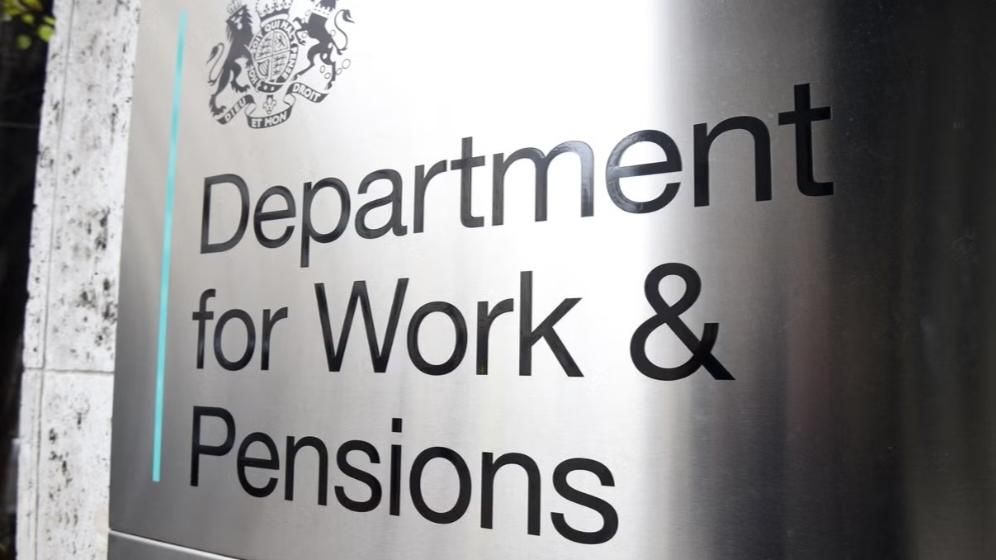There aren’t enough landlords in the UK to meet the growing demand driven by population growth, student housing needs, and increased immigration, according to Nigel Terrington, CEO of buy-to-let lender Paragon Bank.
Speaking to the PA news agency, Terrington said soaring demand for rental properties, combined with a limited housing supply, is driving up rents across the country.
“There’s a significant shortage of landlords,” he stated. “In many areas, you hear about 15 to 20 people competing for a single rental property, which naturally pushes rents higher.”
He emphasized that the problem is widespread, affecting major cities like London as well as university towns.
Terrington warned that the situation could worsen, citing projections that the UK population will grow by four million by 2032, largely due to immigration. “Immigrants typically rent when they arrive in the UK, which will place even more strain on the rental market,” he said. “We need more landlords entering the market—not just maintaining current numbers.”
He also noted that landlords, like other businesses, require stability and predictability in the wake of major changes such as Brexit, shifts in government, and rising interest rates.
His comments came as Paragon reported a 25% rise in new mortgage lending, reaching £810 million in the six months ending March, boosted by buyers rushing to benefit from stamp duty relief ahead of the April cut-off.
Mr. Terrington highlighted a broader trend in the rental market— a shift from “amateur” landlords to professional ones, typically those owning more than five properties. He noted that this change benefits Paragon, as the bank primarily serves professional landlords.
Paragon Bank reported a strong financial performance, with pre-tax profits rising nearly 27% to £140.1 million in the first half of the year.
At the same time, Terrington urged the Government to allow landlords adequate time to prepare for the proposed Renters’ Rights Bill, currently under parliamentary review.
The bill aims to introduce significant reforms, such as ending no-fault evictions, banning bidding wars over rental properties, limiting upfront rent demands to one month, and empowering tenants to dispute excessive rent hikes.
Terrington stressed the importance of a clearly defined and well-communicated transition period, saying both landlords and tenants need time and clarity to adapt to the forthcoming changes.








.svg)

